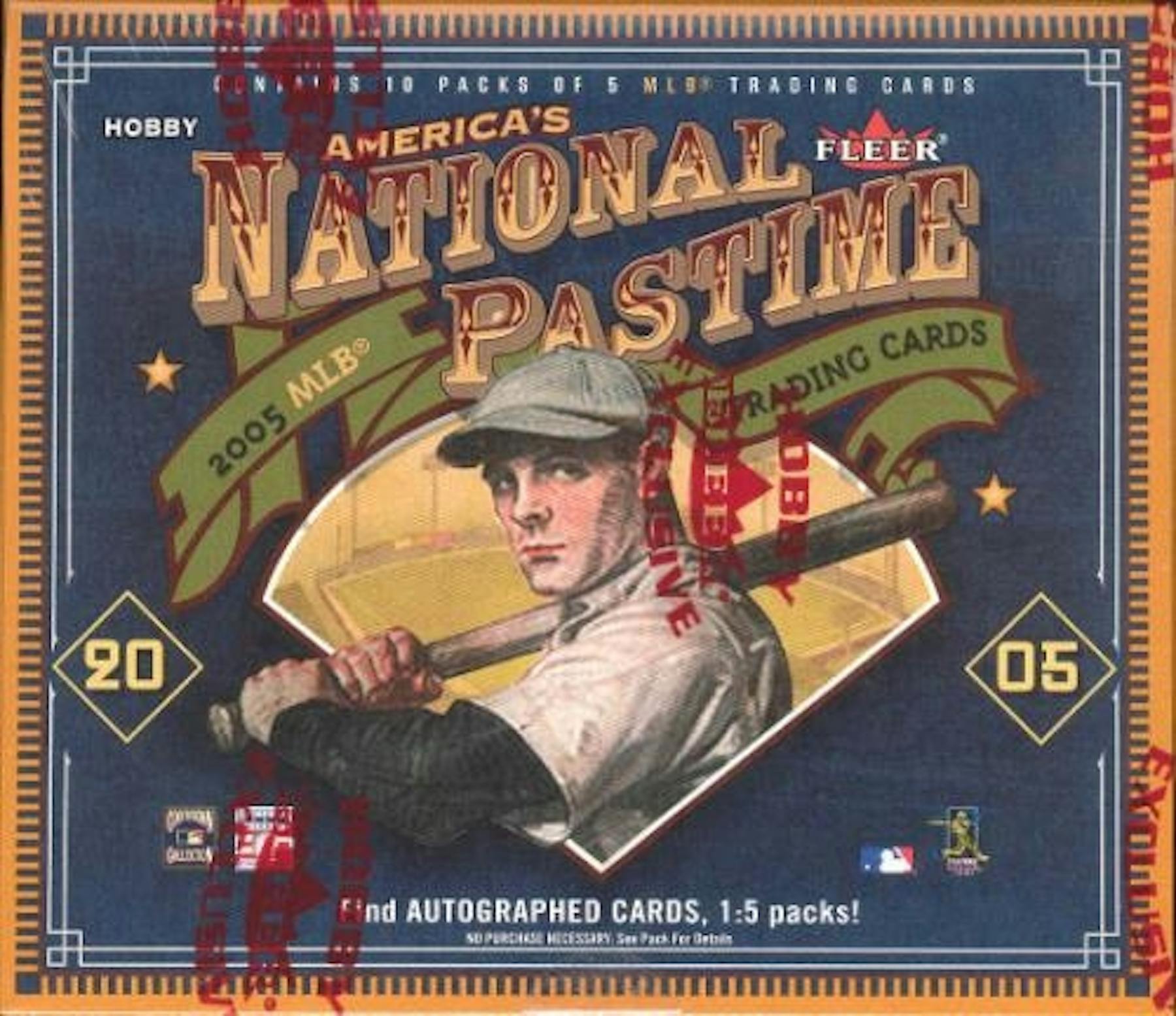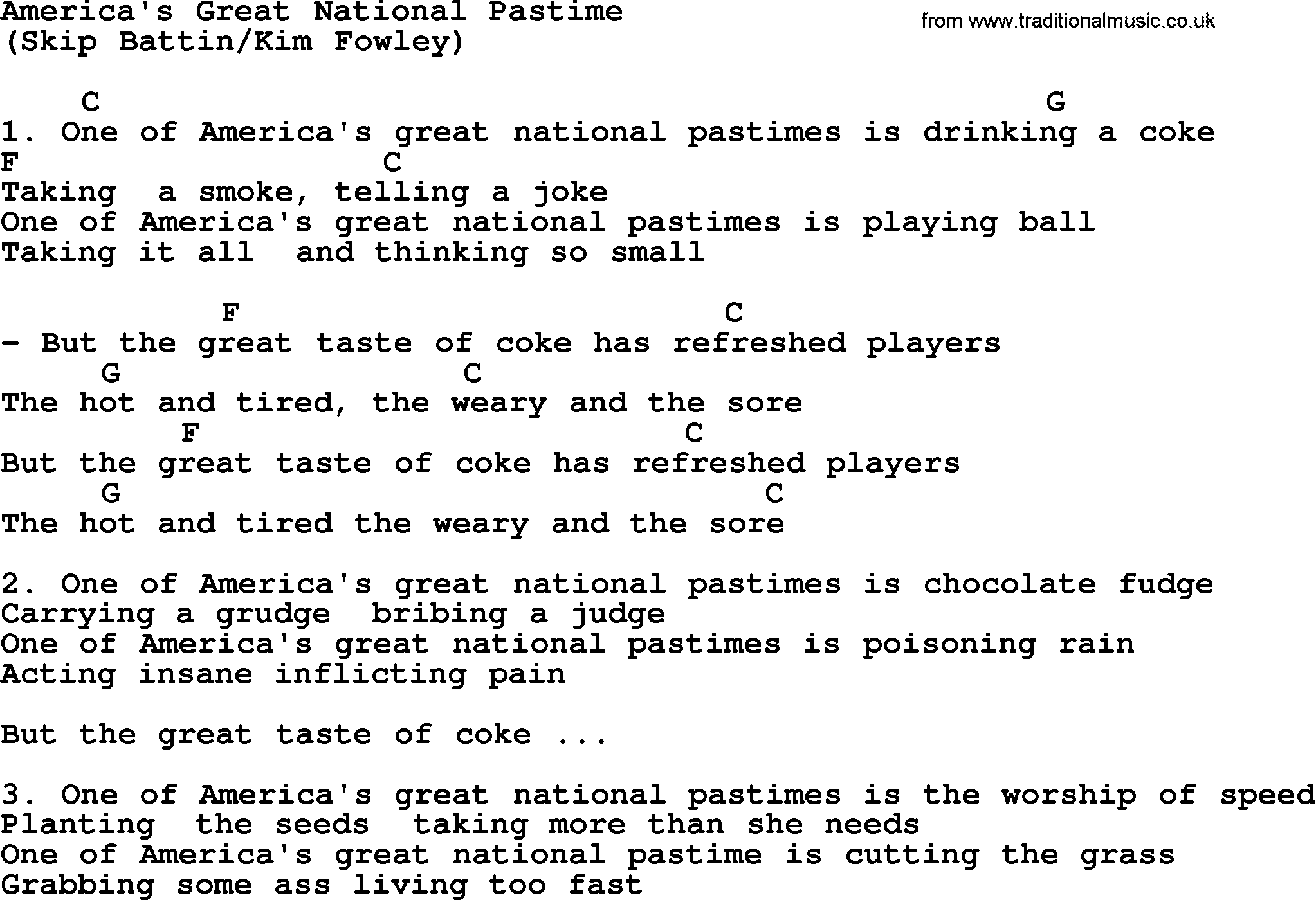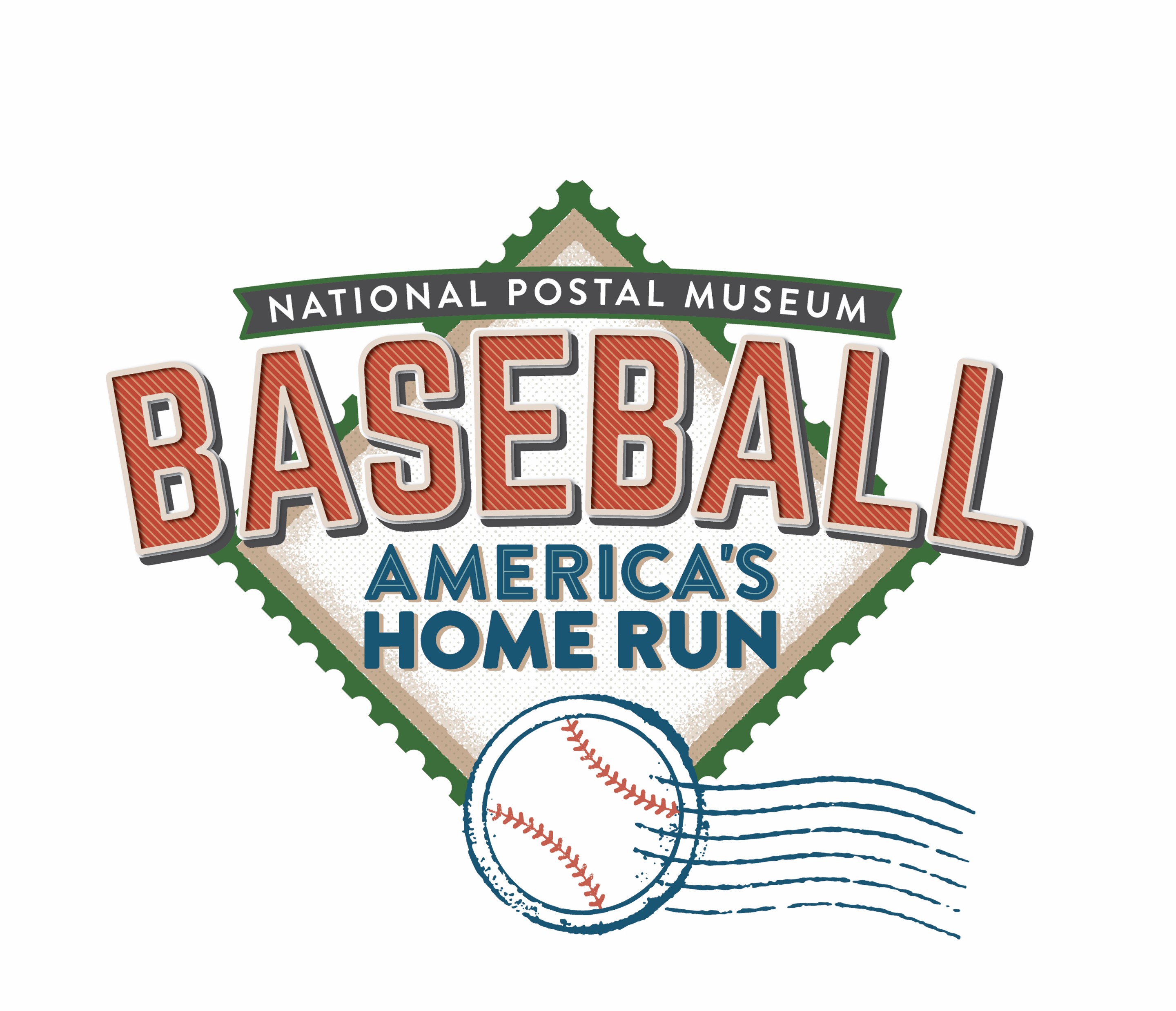What is "Professional Baseball: The Ultimate Guide To Japan's National Pastime"? It is a comprehensive guide that delves into the captivating world of professional baseball in Japan, a sport that holds a profound place in the nation's culture.

National Pastime - National Pastime Poem by Ray Hansell - Source www.poemhunter.com
Editor's Notes: "Professional Baseball: The Ultimate Guide To Japan's National Pastime" has been published to provide an in-depth understanding of this beloved pastime, exploring its history, teams, players, and the unique aspects that distinguish it from baseball as played in other countries.
Through meticulous analysis and extensive research, we have crafted this guide to empower readers with the knowledge they need to fully appreciate and engage with professional baseball in Japan.
Key Differences:
| Attribute | Japanese Baseball | American Baseball |
|---|---|---|
| Pitching Style | Emphasis onの変化球(changeups) | Emphasis on fastballs |
| Batting Approach | Contact hitting | Power hitting |
| Fielding Style | Exceptional fielding skills | Stronger emphasis on athleticism |
Main Article Topics:
- History of Japanese Professional Baseball
- The Structure of Nippon Professional Baseball
- Major Japanese Baseball Teams
- Notable Japanese Baseball Players
- Unique Aspects of Japanese Baseball Culture
FAQ
This section provides concise answers to Frequently Asked Questions (FAQs) regarding Japan's national pastime, baseball.

National Pastime editorial stock photo. Image of major - 76381788 - Source www.dreamstime.com
Question 1: What are the origins of baseball in Japan?
The introduction of baseball to Japan is attributed to Horace Wilson, an American professor at Tokyo Imperial University, in 1872. Initially played by university students, it gained popularity and spread throughout the country, becoming a national obsession.
Question 2: How does Japanese baseball differ from its American counterpart?
While sharing core rules, Japanese baseball has distinctive characteristics. These include a larger strike zone, a shorter pitching distance, and a more strategic and bunt-heavy approach to batting. Pitchers are also more specialized, often focusing on a single pitch type.
Question 3: What are the major professional baseball leagues in Japan?
The Nippon Professional Baseball (NPB) is the top-tier league, consisting of two divisions: the Central League and the Pacific League. Each league has six teams, making a total of twelve professional baseball clubs in Japan.
Question 4: What is the significance of the Koshien Stadium?
Koshien Stadium in Nishinomiya, Hyogo, holds a hallowed place in Japanese baseball history. It is the venue for the annual National High School Baseball Championship, which draws millions of spectators and captivates the nation with its intense and emotional games.
Question 5: What is the status of women in Japanese baseball?
Women's baseball in Japan has a dedicated fan base and a growing presence. There are several women's leagues, including the Japan Women's Baseball League, and the sport is increasingly gaining recognition and support.
Question 6: How can I experience Japanese baseball as a tourist?
Attending a professional baseball game in Japan is a thrilling and immersive experience. Visitors can visit stadiums across the country to witness the passion and skill of Japanese players. Tickets can be purchased through official channels or online platforms.
As Japan's national pastime, baseball holds a profound place in the hearts of Japanese people. Its unique history, cultural significance, and exciting gameplay continue to captivate fans, making it an essential aspect of Japanese sporting culture.
Proceed to the next article section to delve further into the world of Japanese baseball.
Tips

2005 Fleer National Pastime Baseball Hobby Box | DA Card World - Source www.dacardworld.com
Baseball holds a special place in Japanese culture, and understanding the nuances of the game can enhance your appreciation for its significance.
Follow these tips to navigate the complexities of Japanese baseball and immerse yourself in the national pastime.
Tip 1: Familiarize Yourself with the Unique Rule Variations
Japanese baseball features distinct rules not found in other leagues, such as the "designated hitter" system, where a dedicated batter takes the place of the pitcher at the plate. Understanding these variations will help you follow the game more effectively.
Tip 2: Embrace the Lively Atmosphere at Games
Japanese baseball games are renowned for their enthusiastic crowds. Expect a vibrant atmosphere filled with cheering squads, mascots, and food vendors. Immersing yourself in this lively ambiance will enhance your overall experience.
Tip 3: Explore the Regional Rivalries
Baseball in Japan is deeply intertwined with local pride. Each team represents a specific region, and rivalries between these teams run deep. Understanding these regional connections will add context and excitement to the games you watch.
Tip 4: Learn Basic Japanese Baseball Terminology
Familiarizing yourself with key Japanese baseball terms, such as "uchidama" (ground ball) and "raibu" (line drive), will allow you to better understand commentary and discussions about the game.
Tip 5: Respect the Game's Traditions and Etiquette
Japanese baseball is steeped in tradition and etiquette. Respecting these customs, such as bowing to the umpire and applauding good plays, will demonstrate your appreciation for the game and its culture.
By incorporating these tips into your baseball viewing experience, you can unlock a deeper understanding of Japan's national pastime. Immerse yourself in the unique rules, lively atmosphere, regional rivalries, and cultural nuances to fully appreciate the beauty of Japanese baseball. For a comprehensive guide to Japan's baseball culture, refer to Professional Baseball: The Ultimate Guide To Japan's National Pastime.
Professional Baseball: The Ultimate Guide To Japan's National Pastime
Professional baseball in Japan is a cultural phenomenon, captivating the nation with its intense competition, skilled players, and devoted fans. This guide explores six essential aspects that define the sport's enduring appeal and significance in Japanese society:
- History: Rooted in American influence, baseball arrived in Japan in the late 19th century, evolving into a distinct national pastime.
- Leagues: Comprised of two major leagues (Central and Pacific) and a minor league system, Japanese baseball offers a competitive ladder for aspiring players.
- Teams: Each league features 12 teams representing different cities and prefectures, fostering regional pride and fierce rivalries.
- Players: Japan has produced some of the world's greatest baseball players, including Ichiro Suzuki, Shohei Ohtani, and Sadaharu Oh.
- Fans: Japanese baseball fans are renowned for their passion and unwavering support, creating an electric atmosphere at games.
- Culture: Baseball is deeply ingrained in Japanese culture, influencing fashion, music, and even language, solidifying its status as a national obsession.
These aspects intertwine to create a captivating tapestry of professional baseball in Japan. The history of the sport adds depth and tradition, while the competitive leagues and skilled players ensure high-quality entertainment. The loyal fans generate an unmatched atmosphere, and the cultural significance of baseball extends far beyond the field. Together, these elements make professional baseball an indispensable part of the Japanese experience, a sport that continues to captivate and inspire the nation.

National Pastime stock photo. Image of background, ball - 31754274 - Source www.dreamstime.com

America's Great National Pastime, by The Byrds - lyrics and chords - Source www.traditionalmusic.co.uk
Professional Baseball: The Ultimate Guide To Japan's National Pastime: An indispensable resource for all baseball enthusiasts worldwide.
Editor's Notes: "Professional Baseball: The Ultimate Guide To Japan's National Pastime" have published today date Professional Baseball: The Ultimate Guide To Japan's National Pastime is the most comprehensive guide to the sport in Japan, providing unparalleled insight into this captivating pastime that has captivated the nation for over a century.
We understand the importance of understanding the intricacies of Professional Baseball: The Ultimate Guide To Japan's National Pastime to make informed decisions. Therefore, we've meticulously analyzed, researched, and compiled this guide, providing our readers with an unparalleled resource that will enhance their understanding and enjoyment of the sport.
FAQ
This section presents a series of frequently asked questions (FAQs) related to professional baseball in Japan to provide comprehensive information about the national pastime.
ANG partners with America’s national pastime > Air Force Recruiting - Source www.recruiting.af.mil
Question 1: What is the history of professional baseball in Japan?
Answer 1: The roots of Japanese professional baseball can be traced back to the early 20th century. The first professional team, the Tokyo Giants, was founded in 1934, and the inaugural season of the Japanese Baseball League (JBL) was held the following year.
Question 2: What are the major professional baseball leagues in Japan?
Answer 2: There are two major professional baseball leagues in Japan: the Central League (CL) and the Pacific League (PL). Each league consists of six teams, and the champions of each league compete in the annual Japan Series to determine the national champion.
Question 3: Who are some of the most famous Japanese baseball players?
Answer 3: Japan has produced numerous legendary baseball players, including Sadaharu Oh, Ichiro Suzuki, and Shohei Ohtani. These players have achieved significant success both domestically and internationally and are widely recognized for their exceptional skills and contributions to the sport.
Question 4: What are the unique aspects of Japanese baseball culture?
Answer 4: Japanese baseball culture is distinct in several ways. One notable aspect is the emphasis on teamwork and respect for tradition. Additionally, the game is often played with a high level of intensity and passion, creating an electric atmosphere.
Question 5: How can I attend a professional baseball game in Japan?
Answer 5: Attending a professional baseball game in Japan provides an unforgettable experience. Tickets can be purchased online or at the stadium, and various seating options are available. It is recommended to arrive early to avoid crowds and enhance the overall experience.
Question 6: What are the future prospects for professional baseball in Japan?
Answer 6: Professional baseball in Japan continues to thrive and evolve. The establishment of the Nippon Professional Baseball Organization (NPB) in 1950 helped to professionalize and standardize the sport. With its dedicated fan base and continued growth, the future of professional baseball in Japan remains bright.
In conclusion, professional baseball holds a special place in Japanese society, reflecting the country's passion for sports and competitive spirit. The FAQs provided in this section offer valuable insights into various aspects of the sport, enhancing understanding and appreciation for its significance in Japan.
Continue reading to delve deeper into the history, rules, and impact of professional baseball in Japan.
Tips
掌握日本棒球欣賞指南的精要,享受比賽的樂趣。
![Japan's national pastime. Akihabara. [5184 × 3456] : r/japanpics Japan's national pastime. Akihabara. [5184 × 3456] : r/japanpics](https://i.redd.it/f3wzalndor4z.jpg)
Japan's national pastime. Akihabara. [5184 × 3456] : r/japanpics - Source www.reddit.com
Tip 1: 了解球員和球隊
每個球員和球隊都有獨特的風格和策略。研究他們的優勢、劣勢和歷史,能增進觀賽體驗。
Tip 2: 學習基本規則
了解日本野球規則,包括進攻、防守和投球。這將有助理解比賽的進展和關鍵時刻。
Tip 3: 欣賞比賽的細緻之處
日本棒球以其技術和策略而聞名。關注擊球者的揮棒、投手的變化球以及外野手的靈敏度,能領略比賽的精髓。
Tip 4: 參與比賽氛圍
日本棒球比賽以熱情的球迷和富有感染力的加油聲而著稱。加入歡呼聲,揮動球棒歡呼,營造獨特且令人興奮的體驗。
Tip 5: 探索球場文化
每個日本棒球場都有自己的特色,從傳統美食到獨特商品。探索球場文化,讓觀賽體驗更全面。
Tip 6: 享受比賽的傳統和禮儀
日本棒球尊重傳統和禮儀。欣賞比賽的開場儀式、尊重失敗者,並了解比賽中潛藏的禮節。
Tip 7: 了解日本的棒球術語
熟悉一些基本的日語棒球術語,例如「ホームラン」(全壘打) 和「三振」(三振出局)。這將有助於理解比賽解說和球場廣播。
通過遵循這些提示,您將充分享受日本棒球獨特的魅力和興奮,並獲得對這項日本國粹的深刻理解。欲了解更多關於日本棒球的信息,請參閱 Professional Baseball: The Ultimate Guide To Japan's National Pastime。
Professional Baseball: The Ultimate Guide To Japan's National Pastime
Professional baseball holds an esteemed position in Japan's sporting landscape, captivating the nation with its thrilling games and iconic players. Delving into the intricacies of this cherished pastime reveals six key aspects:
- Historical Roots: Tracing its origins to the late 19th century, professional baseball has evolved into an integral part of Japanese culture.
- League Structure: The Nippon Professional Baseball (NPB) league boasts two divisions, Central and Pacific, with 12 teams fiercely competing for the championship.
- Player Development: Japan's robust youth baseball system nurtures aspiring players, fostering exceptional talent and producing global stars.
- Fan Culture: Baseball games in Japan are not just sporting events; they are immersive experiences with enthusiastic fans, spirited cheering, and colorful traditions.
- Economic Impact: Professional baseball generates substantial revenue and supports various industries, including tourism and merchandise.
- Global Influence: Japanese baseball has gained international recognition, with players making their mark in Major League Baseball and inspiring aspiring athletes worldwide.

America's Great National Pastime, by The Byrds - lyrics with pdf - Source www.traditionalmusic.co.uk
These key aspects intertwine to paint a vivid picture of professional baseball's profound significance in Japan. From its historical roots to its cultural impact, from its player development pipeline to its global reach, professional baseball stands as a testament to Japan's passion for the sport and its ability to unite people from all walks of life.
Professional Baseball: The Ultimate Guide To Japan's National Pastime
The guide provides an in-depth exploration of the history, culture, and rules of professional baseball in Japan, examining its significance as a national pastime and its impact on Japanese society. It delves into the origins of the sport in Japan, the development of professional leagues, and the emergence of iconic players and teams.

Smithsonian’s National Postal Museum To Open Baseball Exhibition - Source www.si.edu
Understanding the connection between professional baseball and Japanese culture is crucial for appreciating the sport's popularity and its role in shaping the country's identity. The guide analyzes the societal impact of baseball, including its influence on fashion, music, and literature, as well as its role in promoting community spirit and national pride.
The guide also offers practical insights for travelers interested in experiencing professional baseball in Japan, providing information on stadium locations, ticket purchasing, and game etiquette. It highlights the unique fan culture, including the passionate cheering sections and the popular practice of "oshiben," where fans bring elaborately decorated lunch boxes to games.
Conclusion
The guide's exploration of professional baseball in Japan reveals its multifaceted significance as a sport, cultural phenomenon, and national pastime. It underscores the importance of baseball in shaping Japanese identity and its impact on various aspects of society.
Understanding this connection enables readers to appreciate the deep-rooted passion for baseball in Japan and its relevance beyond the field of play. The guide not only serves as a valuable resource for baseball enthusiasts but also contributes to a broader understanding of Japanese culture and its contemporary expressions.




